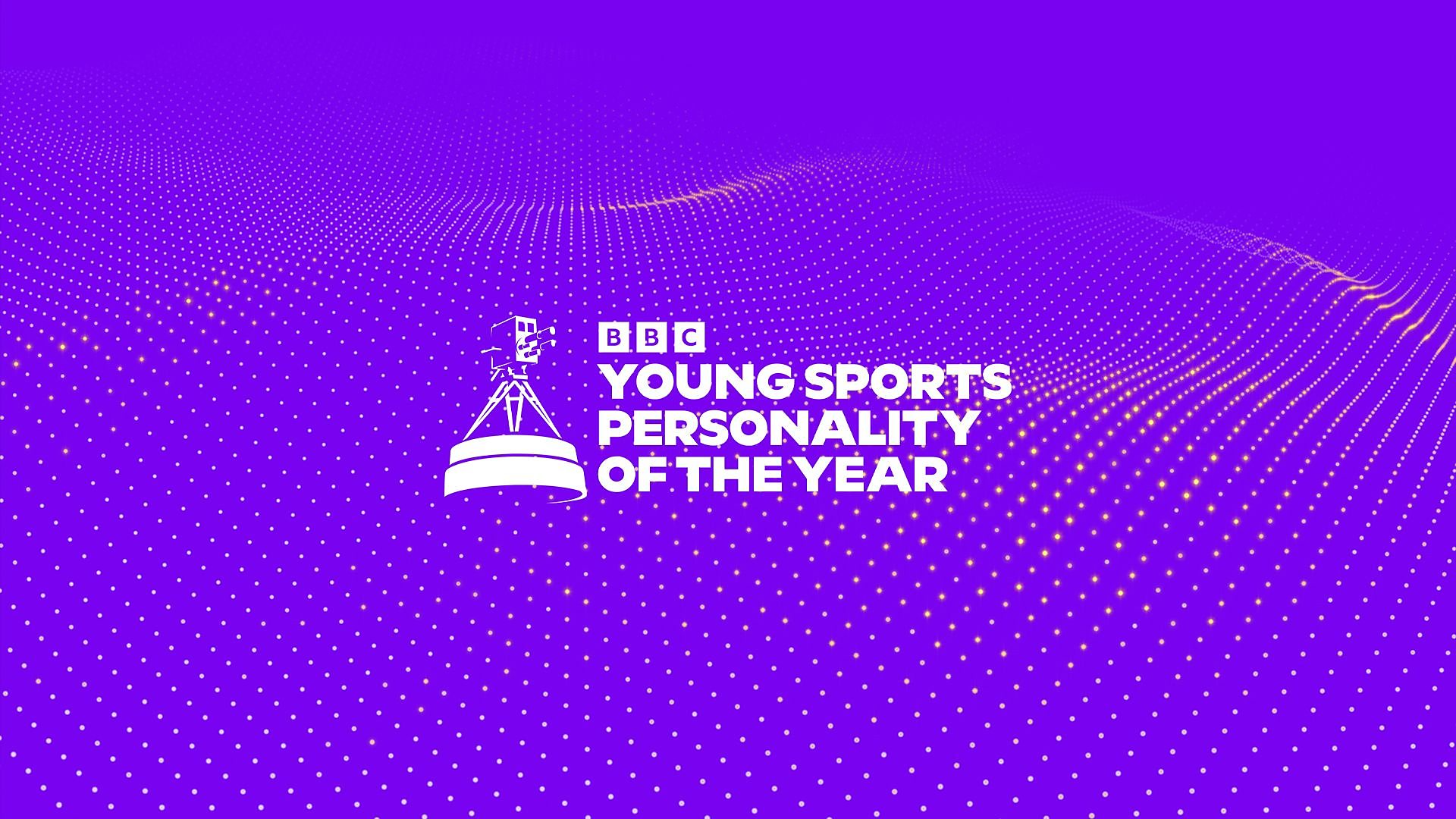The top three contenders for BBC Young Sports Personality of the Year 2025 Award were announced live on the BBC Radio 1 Breakfast Show with Greg James. The future of British sport is shining brighter than ever, with each athlete recognised for…

The top three contenders for BBC Young Sports Personality of the Year 2025 Award were announced live on the BBC Radio 1 Breakfast Show with Greg James. The future of British sport is shining brighter than ever, with each athlete recognised for…